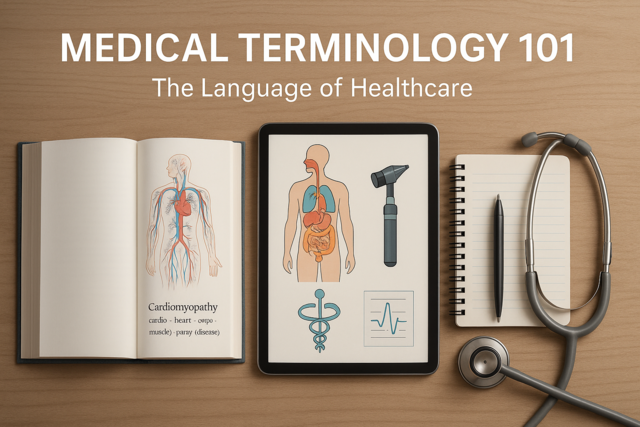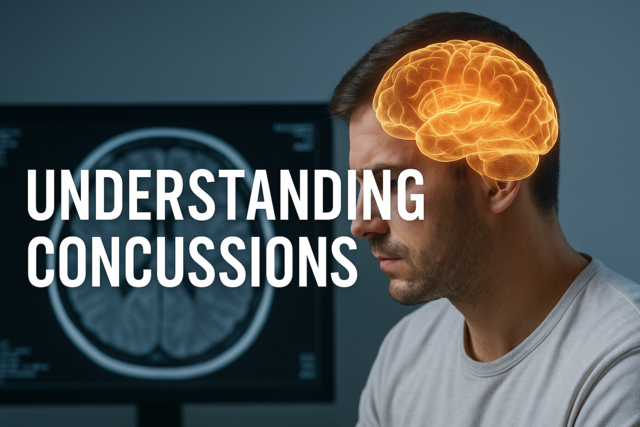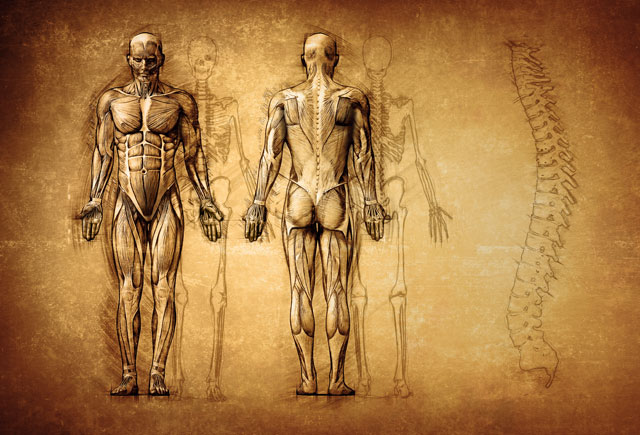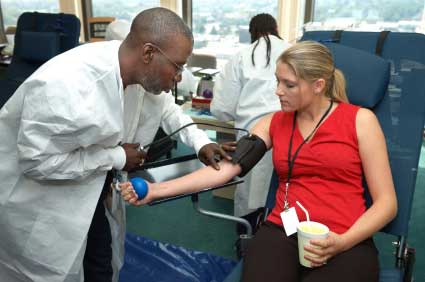Objectives
Depression is typically thought of as a condition that affects stressed out middle aged adults, but in modern times there has been an increasing trend of depression in children. Depression is defined as a persistent, unshakable sense of sadness or hopelessness. It is normal to feel sad, even despondent at times. Also, teens and young adults normally experience fluctuations in mood and interests as part of growing up. However, if you can't seem to shake those feelings no matter what you try, or you feel an overwhelming sense of hopelessness, you may be suffering from clinical depression and require professional assistance.
~Check In: Section 1.
Have you ever exhibited any of the emotional or behavioral changes listed above?
If so, what do you think caused the change?
There are a number of factors in the increased incidence of teen depression. There are more overweight children today that at any other time in history. These children and young adults often have a low self image and may also be avoided, bullied, and made fun of by their peers. Other possible causes of depression include: sexual abuse or assault, being gay, lesbian, bisexual or transgender, not having many friends, very high OR very poor academic performance, death or suicide of a loved one, living with a mentally ill parent or relative, being economically disadvantaged, or living in a conflict ridden home.
As you can see by the list above, there are many things that can cause a person to slip into depression. Often the reason is that the individual is deeply unhappy, ashamed, or embarrassed by a real or perceived flaw, or the feeling of not living up to the expectations of others. In other situations, depression is bought about by the stigma that society or peers place on a specific type of person.
We are all part of the human collective group and it is important to understand that what we may think of as a careless comment or snub, can profoundly affect how someone views themselves. Also, imagine that this happens on a daily basis and the onslaught comes from a number of different people. This is enough to cause hormonal and emotional changes in even the most upbeat and strong person.
Treating Depression
Treatment for depression is usually a two pronged approach. If you are seeking treatment for depression, the initial step would be to consult with your primary care physician. They will likely conduct an examination and ask a series of questions to determine if you should be referred to a psychologist or psychotherapist, a doctor who specializes in emotional and mental health.
The therapist will likely ask you a battery of questions regarding everything from school and romantic interest, to family life and hobbies. They are not being intrusive, but seeking to truly understand you, your life, and what may be causing your current feelings. Often the therapist will schedule you for weekly or bi-weekly counseling sessions in which they will help you to work through the issues that come to light, develop solutions, or coping mechanisms and help you to develop a sense of normalcy again.
In some cases, the patient is prescribed an antidepressant in the meantime to induce an increase in the hormones that bring about feelings of joy, balance, and safety. These are usually medications that raise the levels of serotonin. However, there are times when the patient may be so depressed that they think of harming themselves or taking their own life. In these severe cases, the patient will be admitted to a psychiatric hospital for careful monitoring and treatment until they stabilize.
It is important for people who are suffering from depression to understand that seeking help and treatment is nothing to be ashamed of. It is important to recognize that, when you need professional help and reach out to those who can aid you. With the proper support, treatment, and effort, it is possible to move through a period of depression and return to being a happy, balanced, and vital individual.
~Check In: Section 1.
Do you know anyone who has been in treatment for depression or another mental or emotional disorder?
As mentioned above, there are times when depression and other factors can lead someone to take their own life. Disturbingly, suicide is the third leading cause of death amongst teenagers in the U.S. This is a devastating statistic and many of the deaths could have possibly been prevented if the warning signs were identified earlier and counseling and treatment were provided.
The reasons for suicide are many of the same items that were listed as causes of depression: feeling unloved or unworthy, being overweight, parental or sexual abuse, substance abuse, behavior and learning problems, fitting in, and dealing with stress. For those who think about or resort to suicide, their problems seem overwhelming and insurmountable. So much so, that they feel the only way to escape them and find peace is to end their life. However, if they would confide in a trusted friend, teacher, or family member, they would likely receive the help they need.
A Cry for Help
There are two types of cases when it comes to suicide. Unfortunately, there are some who firmly believe that this is the only way out and try their hardest to carry out the act. However, there is another type of person who uses suicide attempts more as a cry for help.
Many people who attempt suicide do so more to bring attention to their plight, than a real desire to irrevocably end their life. This type of person may make statements or threats about ending things, or leave subtle clues for others to find. They may even prepare to try and take their life, but are hoping and praying that someone stops them in time. This person feels completely overwhelmed with life and does see death as an escape; however, they want desperately for someone to convince them otherwise. Their deepest desire is for someone to exhibit care and take the time and effort to listen to them and help them seek treatment if necessary.
Conclusion
As humans, our environment, chemical makeup, and how people treat us can have a profound effect on our sense of self-worth and belonging. It is important to understand that everyone is an individual with their own unique qualities, all beautiful and worthy. If you or someone you know feels otherwise to the point that it is seriously affecting their life and their will to live, do not hesitate in reaching out for help.































